Reflecting on the tenets that shape our educational practices is fundamental for …
Admisión a la Escuela Secundaria Beneficia a Estudiantes Inmigrantes Mayores en EE. UU., Según un Estudio
Jennifer Livingstone
June 19, 2024
Melvin Martínez decided to enroll in the twelfth grade at Rusdale High School in Oakland, California, just before turning 23.
Originally from El Salvador, Martínez had previously attempted to enroll in the ninth grade at the age of 17. However, two and a half years later, he dropped out: already a father, he struggled to juggle his studies and his new parental role.
“I didn’t think of whether it was a good or bad decision,” said Martínez. But after years of tireless work at a local Mexican restaurant and making little progress in his life, he regretted his decision.
Three years after dropping out of school, his math teacher visited his workplace and asked Martínez how he was doing. Upon sharing his regret about leaving his education, the teacher told him it was not too late to re-enroll.
Martínez realized that this was his last chance: being half a decade older than his peers, he took school seriously, achieving A’s in all subjects. Now, at the age of 24, he is completing his business classes at Alameda College and advocating for high schools across the country to open their doors to older and new students like him.
“There are many very, very intelligent people who don’t have the opportunity to continue with school,” he said. “If we could help those who are motivated to continue, let’s do it. It will be good for the country as well.”
However, an undercover 16-month investigation by The 74 trying to enroll a 19-year-old Venezuelan student who spoke little English and whose education was interrupted after the ninth grade revealed repeated denials.
Our test teenager, “Hector Guerrero,” was rejected over 300 times, including at 204 schools in the 35 states — and the District of Columbia — where the age for high school enrollment is at least up to 20 years. State education officials in nearly all of these states separately confirmed to The 74 that a 19-year-old student could not be rejected based on their age.
None of the 35 high schools in California approached by The 74 accepted Hector: the state does not provide legal protection for general education to students seeking enrollment after the compulsory attendance age until 18, making Martínez’s experience even more extraordinary.
The young man says he will never forget the teacher who encouraged him to re-enroll.
“You might think these are small things and not important, but in those small things, you can change people’s futures,” said Martínez.
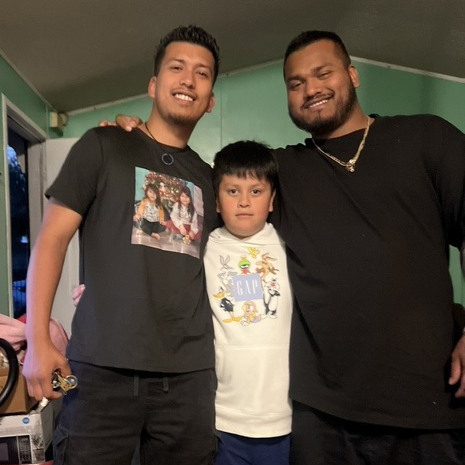
Martínez’s brother, Javier, learned that lesson well. Now 28, he didn’t realize he could have enrolled in high school when he arrived in the United States over a decade ago. The network of recent immigrants that helped him find work upon his arrival at 17 never mentioned that possibility, he said. He wishes someone had told him.
“I always said I wanted to go to high school, learn more English, learn something different,” he said.
A professional house painter, he would prefer to work in the culinary field.
“I would love to teach nutrition and how to cook, something like that,” he said. “I would like to learn more about the food of other countries.”
But he was told by everyone that not finishing high school in the United States would make it nearly impossible for him to attend college. So he adjusted his expectations to fit his opportunity.
Alanys Zacarias, 22, knows what it’s like to be trapped by the limits of her education. She said a high school in South Carolina rejected her at 18, even though by law, enrollment is allowed up to 21 years old in that state. She had already gathered the necessary documentation and was preparing to receive all required vaccines when the school delivered an unexpected blow.
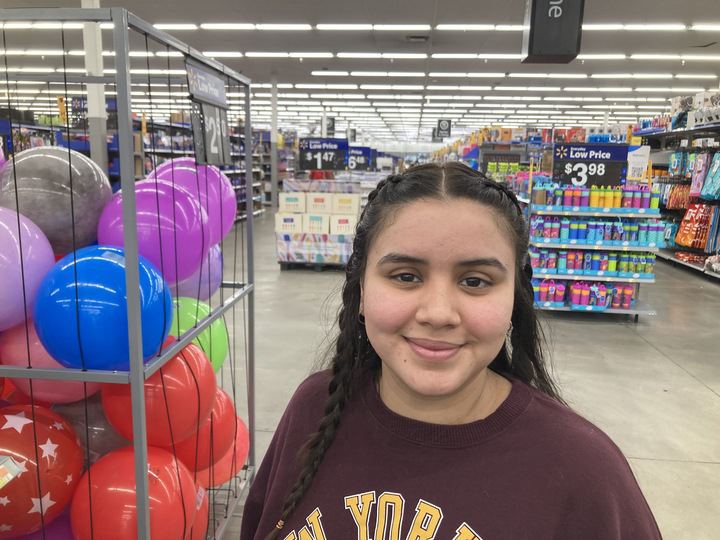
Zacarias, who learned English two years ago in part by watching 19 seasons of Grey’s Anatomy, said her life would be much better now if she had been accepted. With relentless ambition, she said she easily mastered new tasks in both jobs — one at a luxury cookware factory and the other at a Walmart in the Charleston area. Zacarias believes she would already have earned an associate’s degree or be on the brink of obtaining a college degree.
Most importantly, she would have the means to bring her mother and younger sister from Venezuela, where daily life is a crushing struggle. The country’s annual inflation rate reached 190% last year. There, water shortages and power outages are near-weekly plagues.
Zacarias finds it hard to recall her rejection from Goose Creek High School because it derailed her plans.
“When she told me no, I said, ‘Really?'” she recalled one April afternoon, adding that she had no idea that school enrollment would be so challenging. “I thought this would be easy. All I wanted to do was go to high school. When she told me no, I thought, ‘What am I going to do now?’ I was upset. I want to be someone here.”
A representative from Goose Creek High School said they welcome students from around the world and did not comment on Zacarias’s version of her failed enrollment attempt.
But the aspiring student said the encounter has prevented her from pursuing her dreams: a freak accident in her childhood left Zacarias without a front tooth, leading to years-long odyssey to replace it and a deep interest in dentistry. For now, however, her goals will have to wait.
“When she (her mother) comes here and is settled and safe—she will work, and my sister will be able to learn English—that will be the time for me,” she said. “I want to try to help my mom and then try to help myself.”
Monica Venegas also had intentions of enrolling when she arrived on her own in South Carolina at 20. She had no trouble entering R.B. Stall High School in 2022. The campus is less than eight miles from the school that rejected Zacarias.
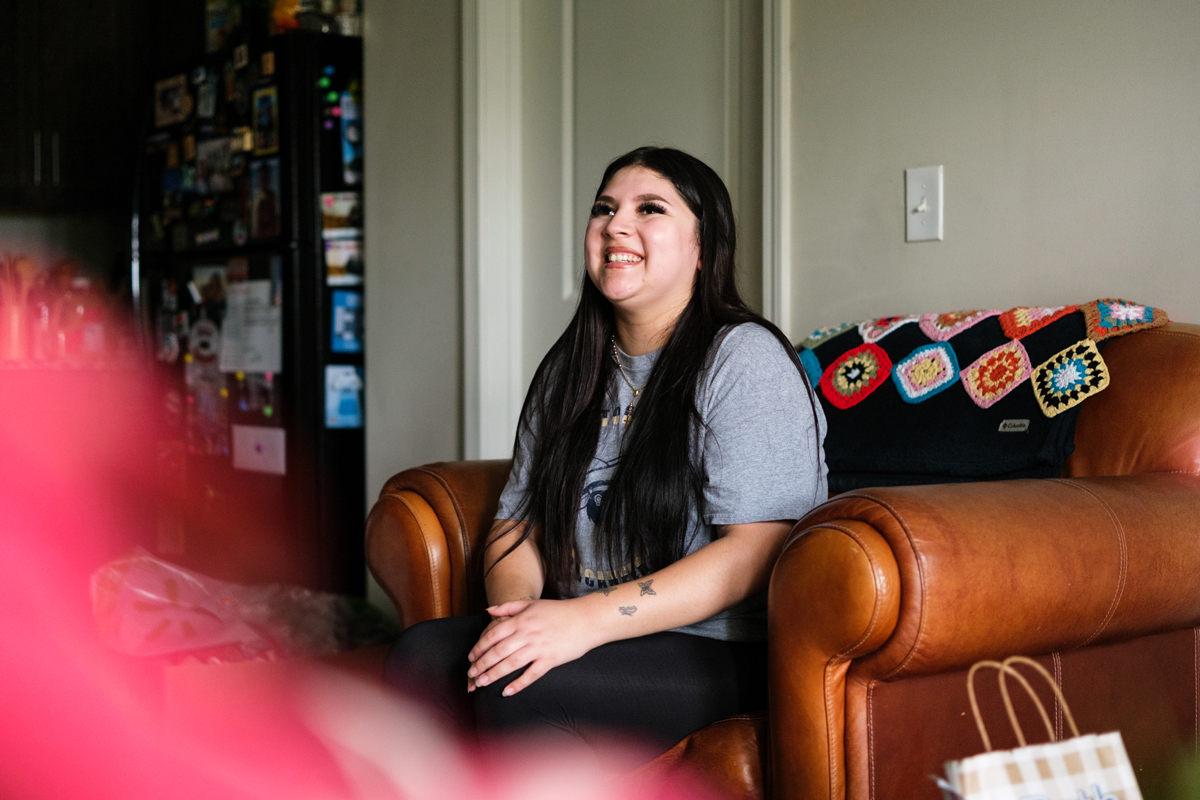
Venegas, originally from Chile, had to complete four English courses in one year, in addition to American history and government, to graduate in May 2023. It was a huge challenge, she said
“When I came here, and heard people speaking in English, I thought, ‘Oh my God, this is too hard,'” she recalled this spring in her apartment in Ladson, 20 miles north of Charleston.
But she formed a circle of friends at school, including many Spanish speakers, whose lives mirrored her own. It was their support that gave her the courage to speak English, even when making mistakes.
“They helped me feel good about myself and gain more self-confidence,” she said.
Venegas, an aspiring ESL teacher who said she loves children and wants to help other newcomers, earned a partial scholarship to the University of South Charleston.
Last year, she completed five classes there, including math and American culture. But like many other students in the country, faced with college costs, she was forced to pause her studies in December to earn income to cover her tuition.
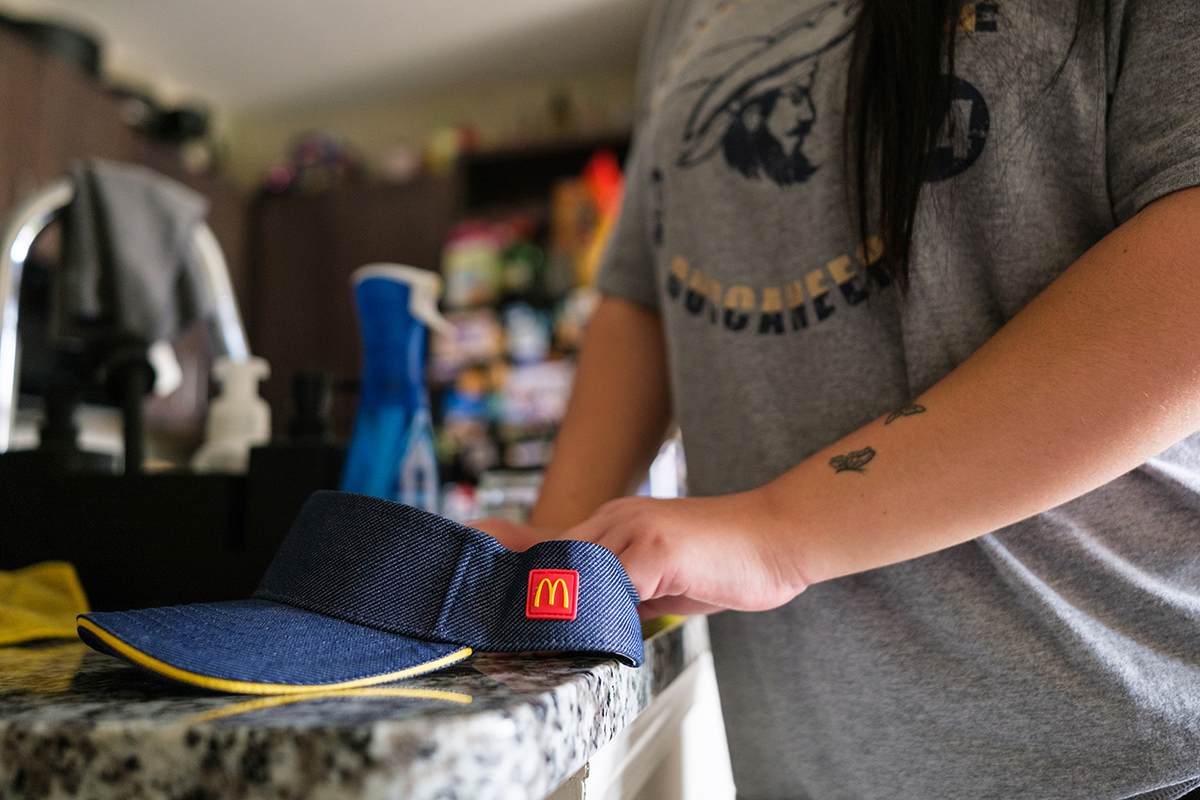
Venegas has worked at McDonald’s for over a year and a half, earning $13 an hour. She hopes to resume classes this fall, although she’s unsure how she’ll pay for them.
Regardless of her next steps, she is grateful for her time in high school: There is no way, she said, that she could have gone to college without it.
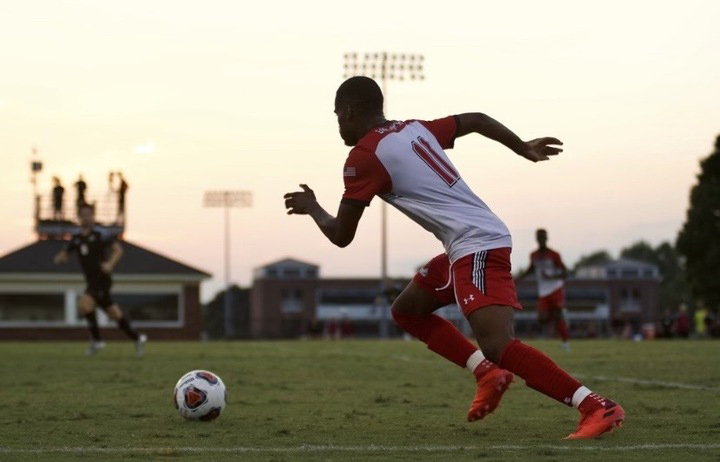
(Gardner-Webb University)
Kharrel Medza, 25, was 7 when he left Cameroon for Belgium, and 17 when he entered ninth grade in the suburbs of Houston. Medza, fluent in French and German and equivalent to a twelfth-grade student in his country, knew nothing of English.
“I had to start from scratch,” he said. “So the best way was to take a step back and get all the necessary basics. At that time, I was a little frustrated. But it didn’t take long for me to understand what I needed to succeed here in the USA.”
High school was crucial, even though he was much older than his peers, he said.
“The beginning was the hardest because of the language barrier,” he said. “But I was so immersed in the English world, everything was in English: I had no choice but to figure it out. Finally, after five or six months, I felt comfortable with conversation.”
Medza spent three years in high school before graduating in 2019. He then went to college, playing D1 soccer at Gardner-Webb University in North Carolina before transferring to Houston Christian College in Texas.
Having studied finance, he graduated this spring and hopes to work in business or banking.
But some students like Medza are prevented from achieving such accomplishments, not allowed to enter high school at all, in part due to specific prejudices toward older teens: that they will prey on their younger peers.
Medza rejected the notion that his focus was on anything other than academics. His strict parents had clear expectations of what he needed to achieve, just as he did.
Medza said he “will never be grateful enough” for the opportunity high school offered him. The idea that he or other students may miss out on that opportunity due to such biases alarms him.
“Denying someone education is a crime,” he said.



